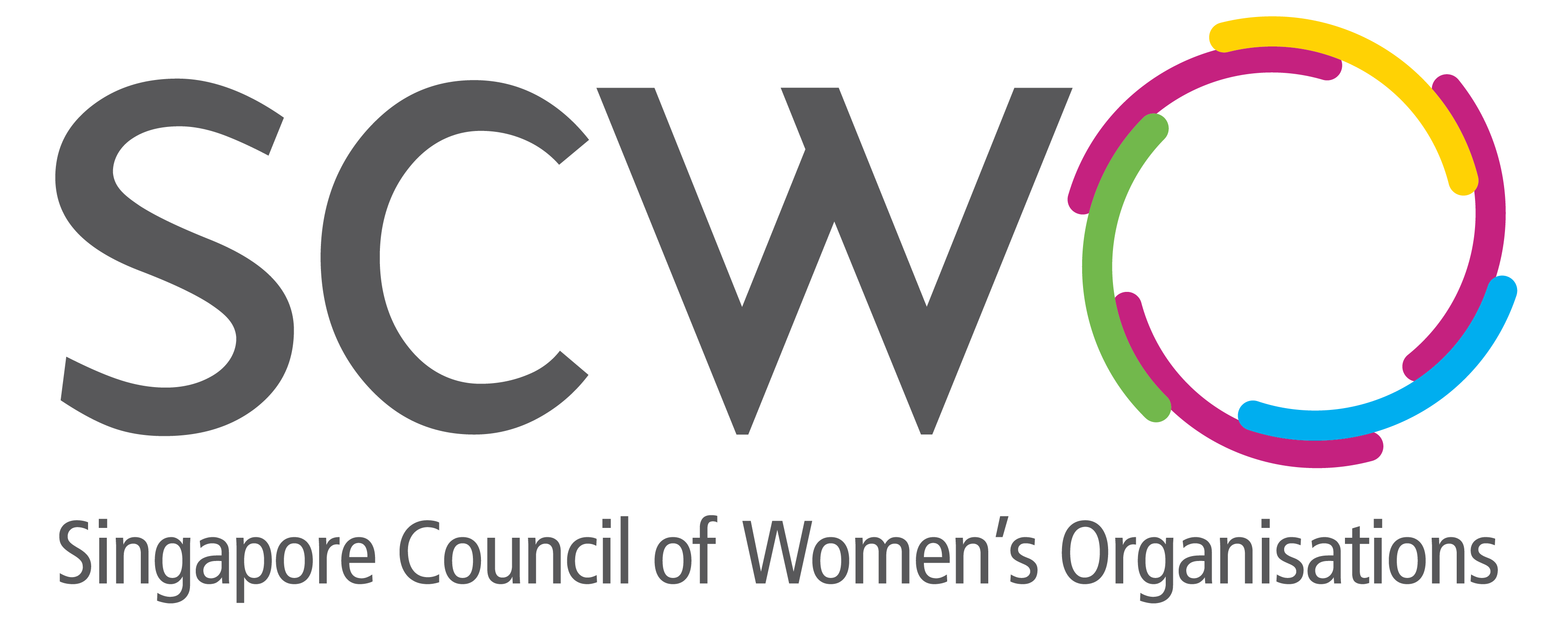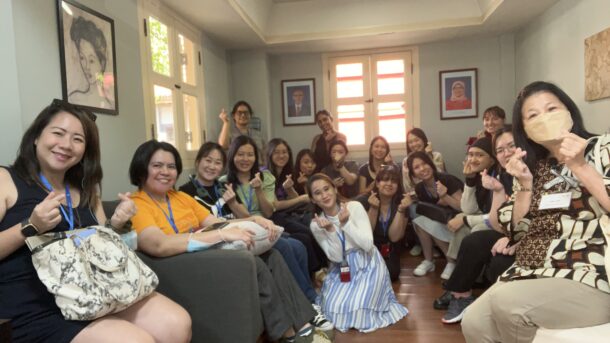CEDAW
What is CEDAW?
The Convention on the Elimination of All Forms of Discrimination Against Women (CEDAW), adopted by the United Nations General Assembly in 1979, is an international treaty that defines what constitutes discrimination against women and what governments should do to end such discrimination.
The Convention defines discrimination against women as “…any distinction, exclusion or restriction made on the basis of sex which has the effect or purpose of impairing or nullifying the recognition, enjoyment or exercise by women, irrespective of their marital status, on a basis of equality of men and women, of human rights and fundamental freedoms in the political, economic, social, cultural, civil or any other field.”
CEDAW provides the basis for ensuring women’s equal access to, and equal opportunities in, political and public life – including the right to vote and to stand for election – as well as education, health and employment. The implementation of CEDAW is monitored by the Committee on the Elimination of Discrimination against Women formed by experts in the human rights from 23 countries.
For more information on CEDAW and the UN Committee on the Elimination of All Forms of Discrimination against Women, please click here
CEDAW & Commitment of State Parties
By accepting the Convention, States commit themselves to undertake a series of measures to end discrimination against women in all forms, including:
- to incorporate the principle of equality of men and women in their legal system, abolish all discriminatory laws and adopt appropriate ones prohibiting discrimination against women;
- to establish tribunals and other public institutions to ensure the effective protection of women against discrimination; and
- to ensure elimination of all acts of discrimination against women by persons, organizations or enterprises.
When accepting the Convention, States agree to take all appropriate measures, including legislation and temporary special measures, so that women can enjoy all their human rights and fundamental freedoms. Countries that have ratified or acceded to the Convention are legally bound to put its provisions into practice. They are also committed to submit national reports, at least every four years, on measures they have taken to comply with their treaty obligations.
CEDAW & Singapore
Within a year of signing the Convention, countries are obliged to report to the Committee on measures which they have adopted to meet the goals. Subsequently, they are required to submit progress reports once every four years. The Singapore government ratified CEDAW in 1995 and has since submitted five reports to the UN CEDAW Committee. The Inter-Ministry Committee (IMC) on CEDAW, comprised of 16 ministries and public sector agencies, oversees the implementation of the Convention in Singapore.
The Office for Women’s Development at the Ministry of Social and Family Development commemorates the 20th anniversary of Singapore’s accession to the UN Convention on the Elimination of All Forms of Discrimination against Women (UN CEDAW). This video highlights what women can achieve when given equitable access to opportunities.
NGO Engagement
In addition to the national reports submitted by governments, non-governmental organisations (NGO) are encouraged to participate in the reporting process and to provide the CEDAW Committee with information relating to government’s implementation of the Convention obligations. The Committee welcomes written alternative/shadow reports by NGOs, oral presentations by NGO representatives during informal consultation meetings with the Committee, and NGOs presence during the examination of the State party by the Committee.
Singapore’s 5th periodic report was under review by the CEDAW Committee during its 68th Session in October 2017. All relevant documentation, including State reports, submissions by NGOs and summary records of the review session can be accessed here.
Read also SCWO’s Shadow Report, which was presented to the 49th Session of the UN CEDAW Committee July 2011 here.
Watch “Cities for CEDAW” learning and exchange session below. The Cities of CEDAW is an introduction to how a women’s human rights framework can be fully integrated with the SDGs in cities.
Understanding CEDAW
SCWO members attended the ‘Understanding CEDAW’ session on 4 March 2019 – an educational platform that aims to provide members with opportunities to gain a deeper appreciation of CEDAW—its mechanisms and its impact on the constitution and legislation in Singapore and to provide a platform for members to share their views and clarify questions. Click here to view presentation materials.

